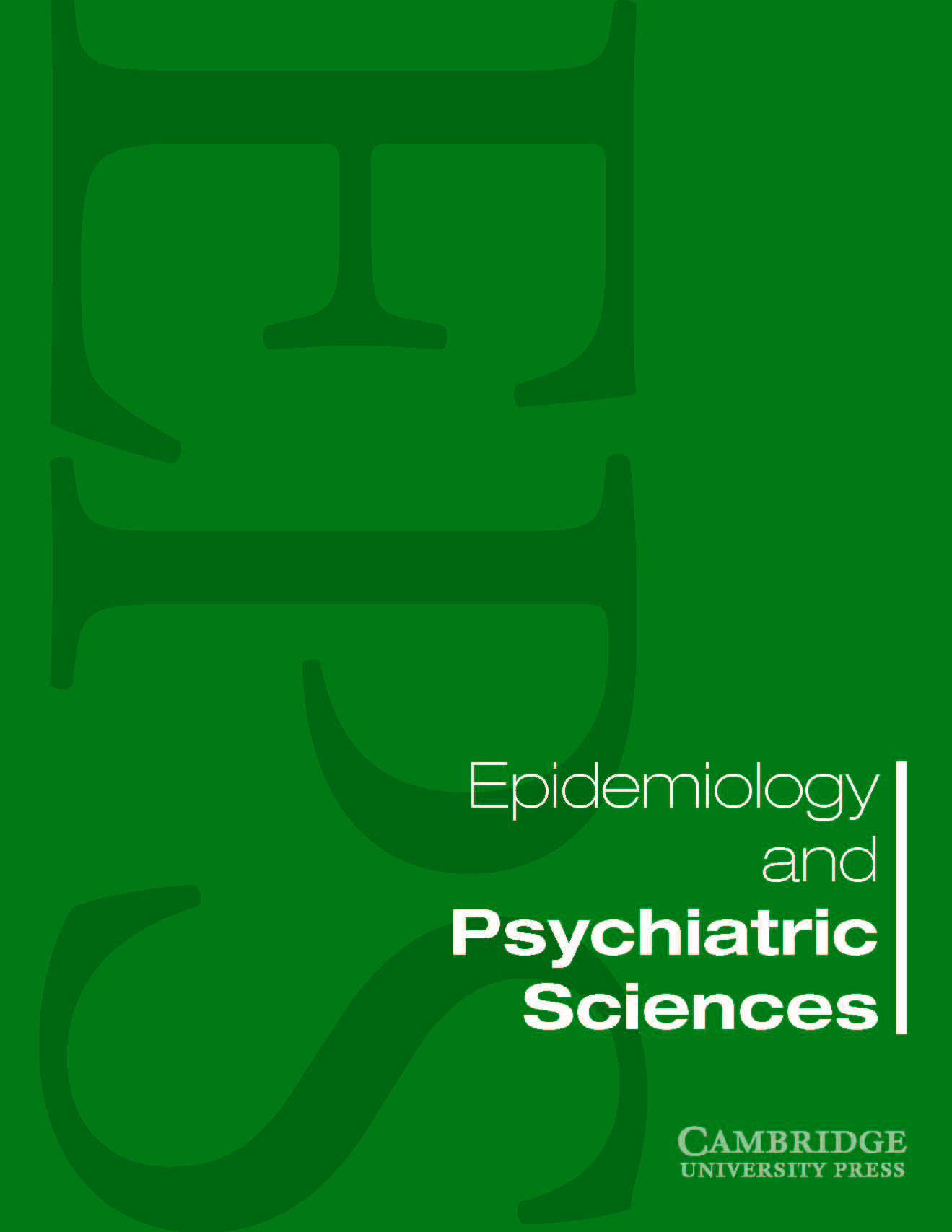Effect of coercive measures on mental health status in adult psychiatric populations: a nationwide trial emulation
IF 6.1
2区 医学
Q1 PSYCHIATRY
引用次数: 0
Abstract
Aims Healthcare staff use coercive measures to manage patients at acute risk of harm to self or others, but their effect on patients’ mental health is underexplored. This nationwide Swiss study emulated a trial to investigate the effects of coercive measures on the mental health of psychiatric inpatients at discharge. Methods We analysed retrospective longitudinal data from all Swiss adult psychiatric hospitals that provided acute care (2019–2021). The primary exposure was any coercive measure during hospitalization; secondary exposures were seclusion, restraint and forced medication. Our primary outcome was Health of the Nations Outcome Scale (HoNOS) score at discharge. We used inverse probability of treatment weighting to emulate random assignment to the exposure. Results Of 178,369 hospitalizations, 9.2% (强制措施对成年精神病患者心理健康状况的影响:全国范围内的模拟试验
研究目的 医护人员使用强制措施来管理极有可能伤害自己或他人的患者,但这些措施对患者心理健康的影响却鲜有研究。这项瑞士全国性研究模仿了一项试验,以调查强制措施对精神病住院患者出院时心理健康的影响。方法 我们分析了瑞士所有提供急症护理的成人精神病医院的回顾性纵向数据(2019-2021 年)。主要暴露是住院期间的任何强制措施;次要暴露是隔离、约束和强制用药。我们的主要结果是出院时的国民健康结果量表(HoNOS)得分。我们采用了反向治疗概率加权法来模拟随机分配暴露。结果 在 178369 次住院治疗中,9.2%(n=18800)的患者接受了至少一项强制措施。与未采取强制措施的患者相比,采取强制措施的患者心理健康状况恶化的程度较小,但在统计学上具有显著意义。那些在住院期间至少经历过一次强制措施的患者的 HoNOS 得分(1.91 分,p < .001,95% 置信区间 [CI]:1.73; 2.09)明显高于那些没有经历过任何强制措施的患者。隔离(高出 1.60 分,p < .001,95% 置信区间 [CI]:1.40; 1.79)和强制服药(高出 1.97 分,p < .001,95% 置信区间 [CI]:1.65; 2.30)的结果类似。强制约束的效果最强(得分提高 2.83 分,p < .001, 95% CI: 2.38; 3.28)。结论 我们的研究提供了有力的经验证据,强调了强制措施对精神病住院患者心理健康的不利影响。它强调了在精神病院避免这些措施的重要性,并强调了在临床实践中实施替代措施的迫切需要。
本文章由计算机程序翻译,如有差异,请以英文原文为准。
求助全文
约1分钟内获得全文
求助全文
来源期刊

Epidemiology and Psychiatric Sciences
PSYCHIATRY-
CiteScore
7.80
自引率
1.20%
发文量
121
审稿时长
>12 weeks
期刊介绍:
Epidemiology and Psychiatric Sciences is a prestigious international, peer-reviewed journal that has been publishing in Open Access format since 2020. Formerly known as Epidemiologia e Psichiatria Sociale and established in 1992 by Michele Tansella, the journal prioritizes highly relevant and innovative research articles and systematic reviews in the areas of public mental health and policy, mental health services and system research, as well as epidemiological and social psychiatry. Join us in advancing knowledge and understanding in these critical fields.
 求助内容:
求助内容: 应助结果提醒方式:
应助结果提醒方式:


